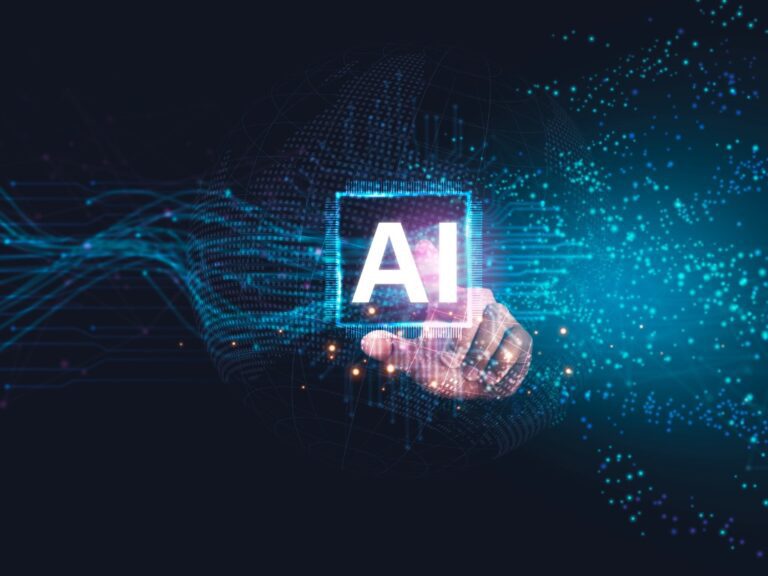Applying The Department of Justice’s Best Practices When Integrating AI in Law Firms
October 29, 2024

Applying The Department of Justice’s Best Practices When Integrating AI in Law Firms
The Department of Labor’s best practices are a great place to start for law firms integrating AI into workplaces. Here’s how law firms can align their operations with these practices:
Centering Worker Empowerment: Law firms should prioritize input from employees and their representatives when designing and implementing AI systems. This ensures the technology meets legal and ethical standards while enhancing job quality. Engaging workers early not only fosters trust but also strengthens compliance with labor laws.
Ethical Development of AI: Legal professionals should advocate for ethical AI use by ensuring that AI tools are developed with safeguards for workers’ rights. Law firms can play a crucial role in conducting thorough impact assessments to identify potential biases and mitigate risks associated with AI deployment.
Governance and Human Oversight: Establishing a governance framework within the firm is vital. This includes creating roles responsible for overseeing AI systems and ensuring appropriate human oversight in decision-making processes influenced by AI. Law firms should also provide comprehensive training on the implications of AI, empowering staff to interpret AI outputs correctly.
Transparency: Law firms must clearly communicate how AI systems will be used within the organization. This includes informing employees about data collection practices and monitoring procedures. Transparency fosters a culture of trust and allows for constructive feedback from workers.
Protecting Labor Rights: As advocates for justice, law firms should monitor AI’s impact on labor rights within their organizations and clients. This includes ensuring compliance with anti-discrimination laws and preventing AI from undermining workers’ rights to organize.
Supporting Transition: When AI leads to job restructuring, law firms should prioritize training and upskilling for affected employees. Collaborating with workforce development programs can help transition staff smoothly while maintaining morale.
Responsible Data Use: Law firms must establish strict policies for handling employee data generated by AI systems. This involves securing sensitive information, ensuring that data is used only for legitimate purposes, and obtaining informed consent before sharing data externally.
By integrating these best practices, law firms can enhance their operational efficiency while upholding workers’ rights and ethical standards while integrating AI technologies into their workflows. This approach not only strengthens compliance with labor regulations but also positions the firm as a leader in responsible AI usage within the legal industry.
Get the free newsletter
Subscribe for news, insights and thought leadership curated for the law firm audience.




